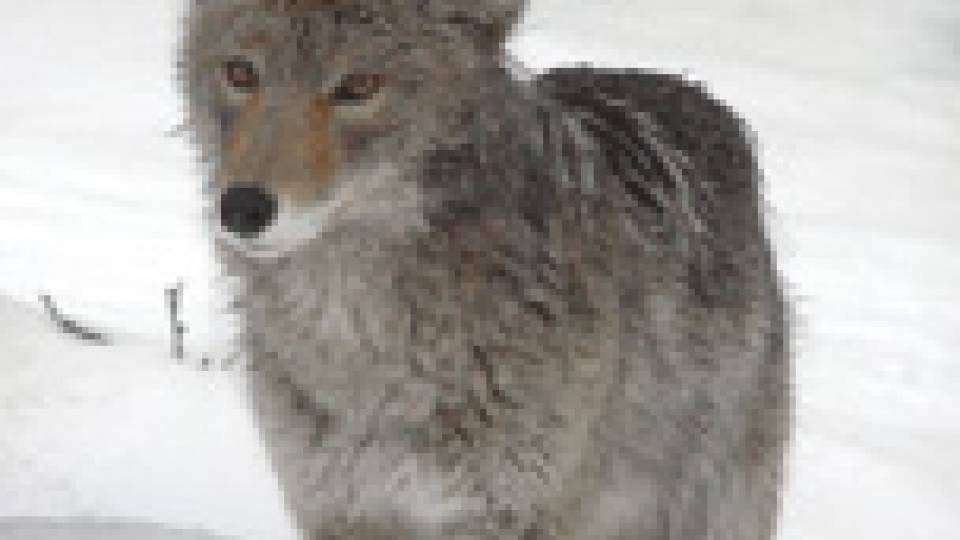We all recognize that decisions concerning Maine’s wildlife are in the hands of a few. A few who are controlled by the Department of Inland Fisheries & Wildlife, its legislative oversight committee, IF&W Advisory Council and the hunting lobby, all of which are connected ideologically, socially, financially and politically.
The majority of Mainers who take pleasure in our state’s wildlife have very little input or ability to influence wildlife decisions or legislation. “Majority” meaning people who enjoy wildlife in a non-consumptive way, such as wildlife viewing, nature walks, primitive outdoor camping, bird watching, kayaking, outdoor photography, etc. These forms of eco-tourism generate more than three times the estimated economic output from the revenues brought in by sportsmen, anglers and hunters.
Wildlife-associated recreation is an important part of nature tourism, which is the fastest growing segment of the travel industry and Maine ranks high nationally in resident participation and out-of-state visitors.
A good step to address this limitation would be to restructure the IF&W Advisory Council to allow the representation of other wildlife stakeholders.
MFOA’s suggested legislation would change the present regional structure that consists of ten individuals representing Maine’s 16 counties to one that represents a variety of wildlife interest groups. Current membership is essentially one of like-minded sportsmen; the new Council would emphasize varied, balanced and diverse groups and opinions, making the Council an active, responsive and independent body to address wildlife issues that are brought before the Department’s Commissioner.
Interestingly, the IF&W website prominently includes “the enabling and promoting” of such activities as boating, non-game wildlife, white water rafting, snowmobiling, and wildlife observation, all of which would be considered non-consumptive. We propose the number of members be increased to eleven to represent a:
• hunting organization
• fishing organization
• non-game wildlife organization
• interests in wildlife observation / watching
• interests of hikers, campers, kayakers, and whitewater rafting
• interests of professional guides
• interests of trappers• interests of boaters
• wildlife habitat conservation
• state animal protection organization
• the Maine Game Warden Service
Many sportsmen view their current full control as justified, given that hunting and fishing license sales are a primary source of funding wildlife management. However, this dedicated funding has engrained a proprietary attitude that has effectively shut outthe vast majority from the decision process. Non-consumptive user groups should address that dynamic, but it still does not justify the strangle-hold on the current self-serving process.
As the number of non-consumptive users continues to increase and that of hunters to decrease, the pressure to be more inclusive will only continue to grow. Maine’s wildlife resources belong to all her citizens, and requires a more impartial and diverse representation of all those who enjoy Maine’s wildlife, not just those who want to hunt, trap or have a vested business interest.


